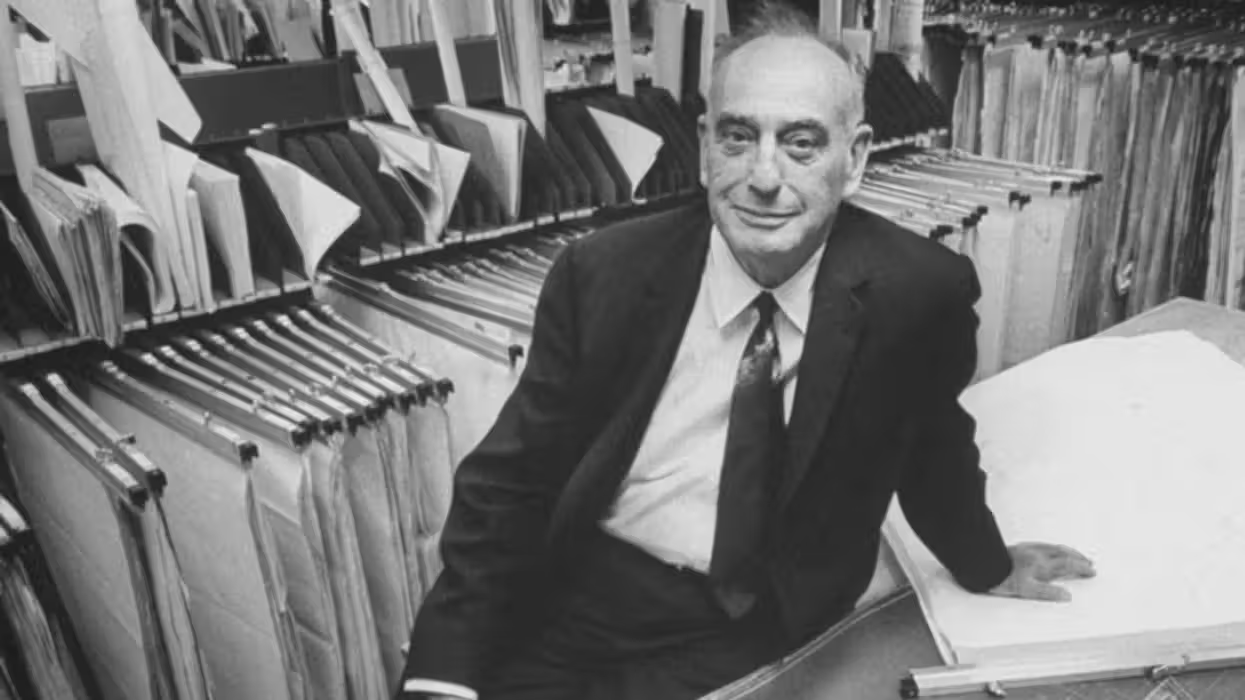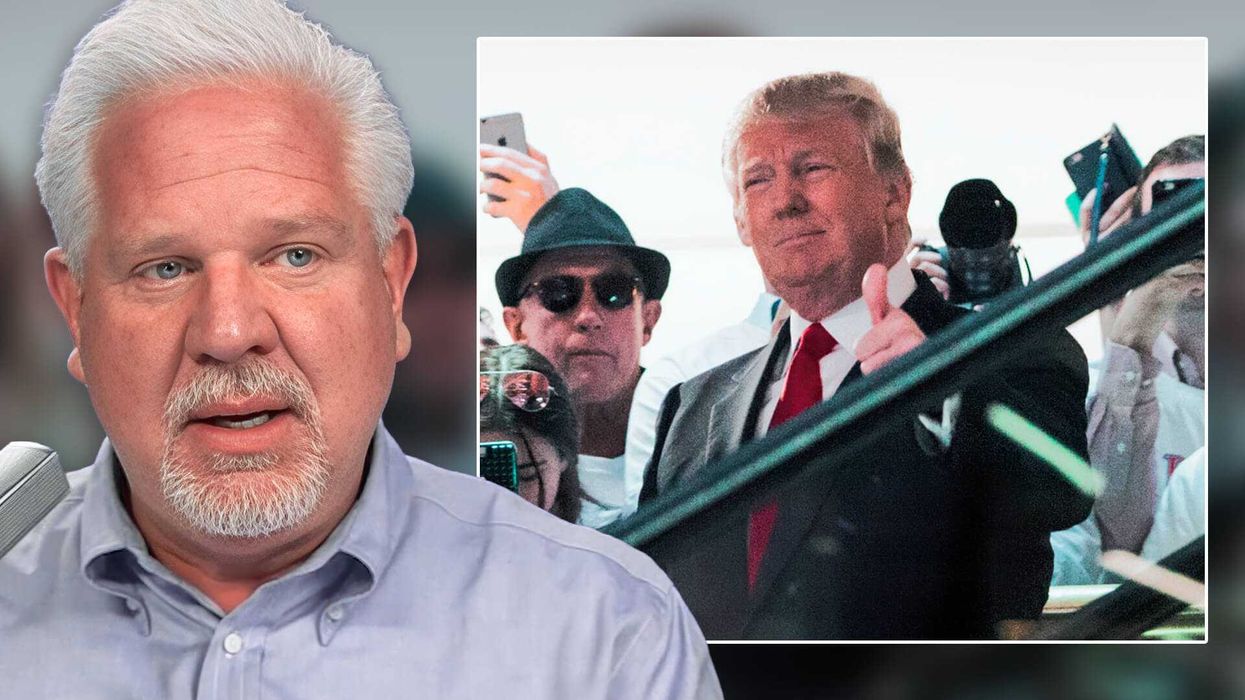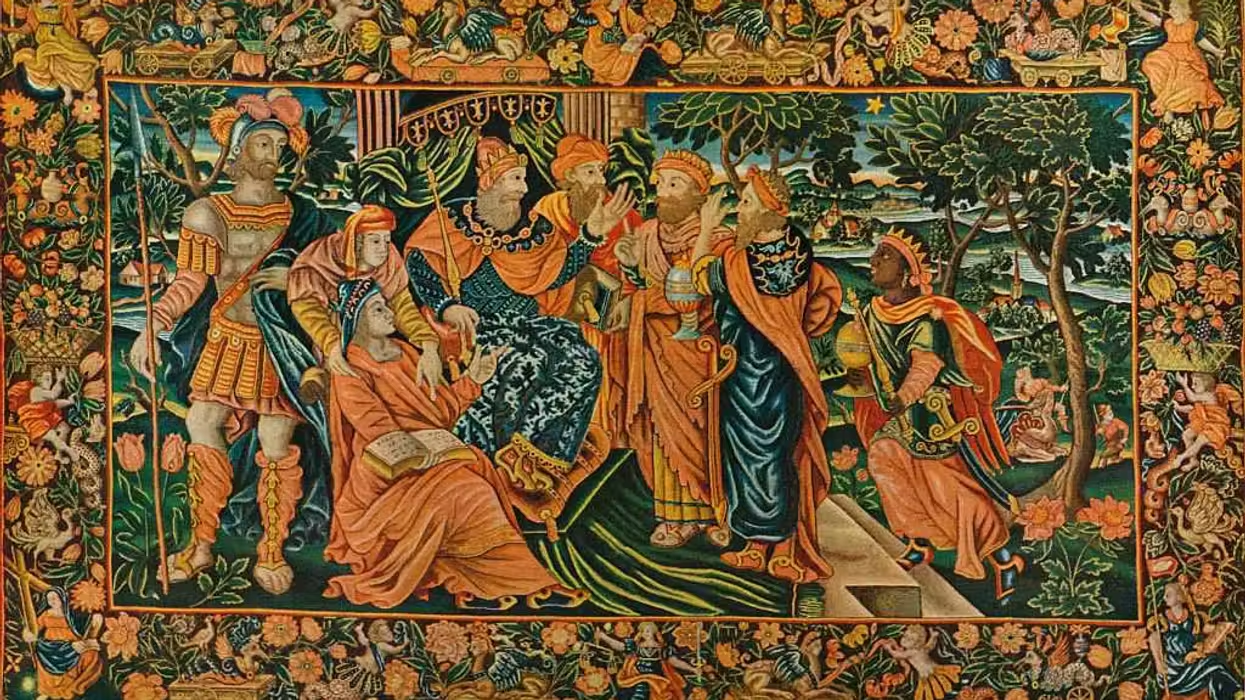
© 2025 Blaze Media LLC. All rights reserved.
Popular Australian Conservative Commentator Found Guilty of Violating Discrimination Law
September 28, 2011
"This is a terrible day for free speech in this country."
CANBERRA, Australia (AP) -- A popular right-wing commentator was found guilty Wednesday of breaking Australian discrimination law by implying that fair-skinned Aborigines chose to identify as indigenous for profit and career advancement.
Federal Court Justice Mordy Bromberg ruled that fair-skinned Aborigines were likely to have been "offended, insulted, humiliated or intimidated by the imputations" included in columnist Andrew Bolt's two articles published by the Herald Sun newspaper in Melbourne in 2009.
Bromberg ruled out Bolt and his publisher's defense under a clause of the Racial Discrimination Act that exempts "fair comment." Bromberg said he will prohibit reproduction of the offending articles and will consider ordering the newspaper to publish a correction if it doesn't print an apology.
Bolt, who writes opinion pieces for newspapers around Australia and hosts a nationally broadcast weekly public affairs television program, described the ruling as a defeat for freedom of speech.

"This is a terrible day for free speech in this country," he told reporters outside court. "It is particularly a restriction on the freedom of all Australians to discuss multiculturalism and how people identify themselves."
Publisher Herald and Weekly Times Pty. Ltd., a subsidiary of Rupert Murdoch's News Corp., said it was considering lodging an appeal.
"We defended the action because we believe that all Australians ought to have the right to express their opinions freely, even where their opinions are controversial or unpopular," the publisher said in a statement.
But Aboriginal activist Pat Eatock, who filed the court action, said Bolt's two articles "were not professional journalism."
"He set out to offend from the word 'go,'" she said.
The judge said his orders would not suggest it was illegal to challenge the genuineness of people's racial identification. Bolt and the newspaper broke the law because the articles "contained errors of fact, distortions of the truth and inflammatory and provocative language," Bromberg said.
 Australian Press Council chairman Julian Disney, who heads the print media's self-regulatory watchdog, welcomed the judge's decision to leave racial identification open to media scrutiny.
Australian Press Council chairman Julian Disney, who heads the print media's self-regulatory watchdog, welcomed the judge's decision to leave racial identification open to media scrutiny.
"I think there would be a very clear and worrying risk to free speech and I think also to eventual social cohesion if ... this case was seen as establishing a no-go area," Disney told Australian Broadcasting Corp. radio.
Bolt's articles, headlined "It's so hip to be black" and "White fellas in the black," named 18 prominent Australians of mixed heritage whom Bolt wrote were part of a trend of choosing to be identified as Aboriginal.
Nine of them joined the court action, testifying that none "chose" to be Aboriginal. The plaintiffs, who included indigenous academics, business people, an author and an artist, said they had all identified as being indigenous since childhood.
Some were in the Melbourne court room on Wednesday and cheered when Bromberg made his ruling.
The Bolt articles touch on public concerns in Australia that people who do not appear obviously Aboriginal benefit from government programs designed to lift Australia's indigenous population out of poverty.
Aborigines make up 2.3 percent of Australia's 23 million people and are the nation's most impoverished ethnic group. They die more than a decade younger than other Australians and endure higher rates of disease, joblessness and imprisonment.
The Racial Discrimination Act became law in 1975 under Australia's multicultural policy to protect minorities against intolerance. It is not enforced by prison sentences or fines, but enables judges to make orders to correct breaches.
Want to leave a tip?
We answer to you. Help keep our content free of advertisers and big tech censorship by leaving a tip today.
Want to join the conversation?
Already a subscriber?
Billy Hallowell is a digital TV host and interviewer for Faithwire and CBN News and the co-host of CBN’s "Quick Start Podcast."
Billy Hallowell
Billy Hallowell is a digital TV host and interviewer for Faithwire and CBN News and the co-host of CBN’s "Quick Start Podcast."
more stories
Sign up for the Blaze newsletter
By signing up, you agree to our Privacy Policy and Terms of Use, and agree to receive content that may sometimes include advertisements. You may opt out at any time.
Related Content
© 2025 Blaze Media LLC. All rights reserved.
Get the stories that matter most delivered directly to your inbox.
By signing up, you agree to our Privacy Policy and Terms of Use, and agree to receive content that may sometimes include advertisements. You may opt out at any time.






